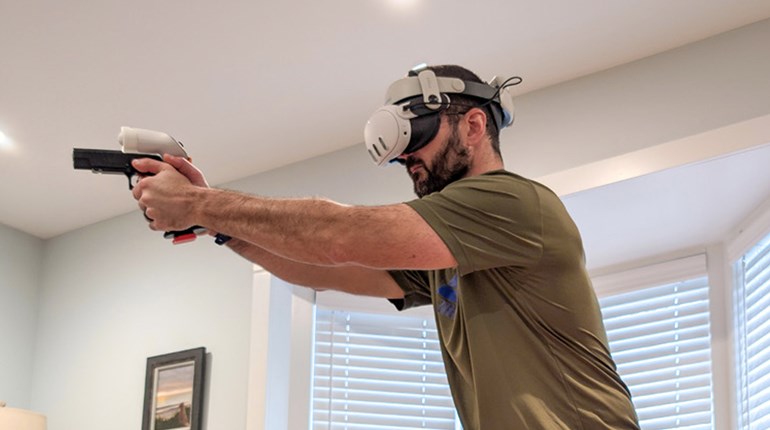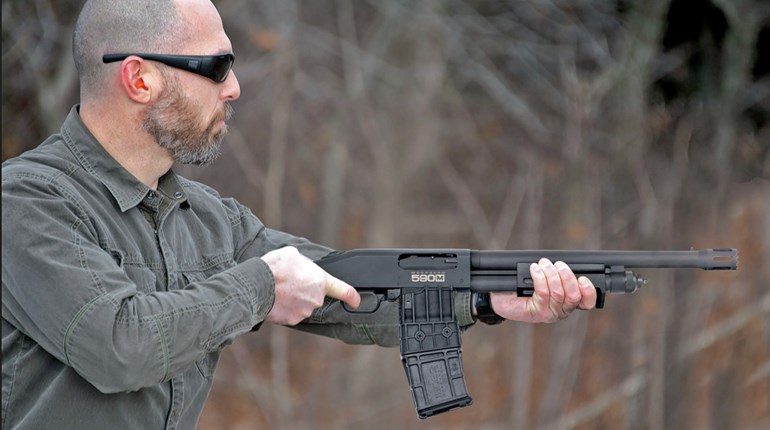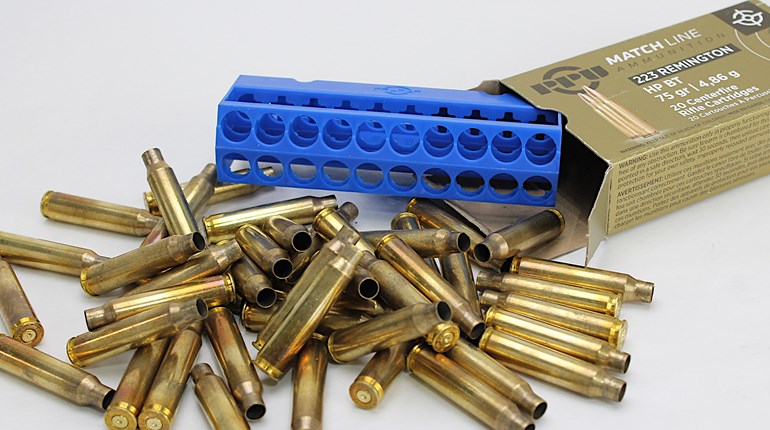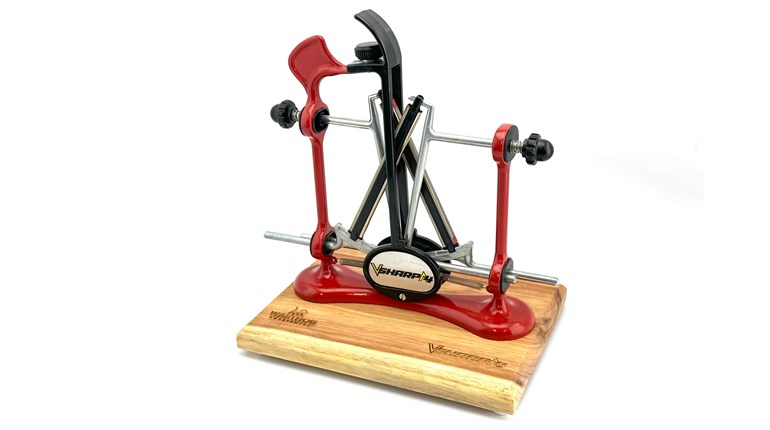
In 1966, a writer at the Palm Beach Post, in what is now a largely forgotten article, coined the term "comfort food" when they wrote "Adults, when under severe emotional stress, turn to what could be called 'comfort food'- food associated with the security of childhood..." .
Comfort comes in many forms. On one hand, it can be a literal and physical relaxation for the body, an easing up from something that is mentally or physically rigorous. It can be a hot cup of coffee on a cold day or finding the right spot in bed as you fall asleep at night. But comfort doesn't start in the muscles or the bones, it starts in the brain. Despite a culture war that is waged by the outside world that screams consistency is boring, brain science says something completely different. The brain hungers for what one could call the "Three Cs: Certainty, Conformity and Consistency."
When the brain encounters uncertainty or chaos about its future, the limbic system, the part of the brain where your emotional life is, goes on a sliding scale of threat response. From this, the brain then responds in one of two ways: panicking and increasing the internal alert or problem-solving. The deeper parts of your brain constantly work at this through "predictive" behavior. Think of it like this: You are driving down the street, and suddenly, another vehicle comes backing out of a driveway. Before the conscious part of your brain has time to react, the subconscious has already read, assessed and sent signals to your hands and feet to make an attempt to avoid an accident. We refer to it as "reflex," but for the brain, it responds by relying on past performance to solve the immediate future's problems. But prediction isn't a passing hobby for the brain. Rather, it is one of the primary functions of the neocortex. This is is where things like language, conscious thought, spatial reasoning and sensory perception all happen.
Since the brain is constantly predicting against an unforeseen future, it finds comfort in consistency. Look at it this way: There are reasons that you "feel" better after your reloading bench or shooting box is clean and organized. Perhaps the all-black AR-15 is the shooter's subconscious reaching through, because when was the last time you encountered an AR that had a flat-dark-earth stock, a coyote-colored handguard, a multi-cam sling, and a foliage-green pistol grip? Rarely. Even though a variety of color schemes mounted all over a rifle doesn't affect its function, which should be the primary concern, our brain says "there is something off," because there is a lack of consistency. As much as we all like to think of ourselves as non-conformists, we all like a certain level of conformity.
While you can wrinkle your noise up at the idea of being a conformist, conformity saves lives. There are reasons that, in the wake of a chaotic event or dangerous situation, some people simply fall apart amid crisis while other people thrive. Outwardly, we like to say think this is based largely on personality types "weak vs strong," "passive vs dominant," etc. The reality is that this doesn't just happen. People who are able to bring order to a such an event or fight through the fear and panic do so because the brain says," Ah, I have been here before," or draws enough comparative similarities from any number of prior events that you can now act.
This is why you hear training always being pushed, because that's all training is. It is the brain relying on a previous exposure to an event that bears enough similarity that it can formulate a plan and implement a response. Going through training of one type or another is simply laying the initial groundwork for creating a habit that will allow your conscious mind to follow. It's conformed behavior that relies on consistency to bring about comfort. In the gun culture, we tend to think of training as going to places like Gunsite Academy or Thunder Ranch or any number of first-class shoot schools. While it can be money well spent, it's also wasted money if you don't practice what you learn afterwards and do it constantly.
Despite living in an age where we have access to the best shoot schools in the world, training still begins at home. And it begins at home by being intentional and habitual with what you do, where you keep your gear, and putting it away in an organized and consistent fashion.
Every night, regardless of where I am or what time I go to sleep, I follow a consistent pattern. On the night stand next to my bed goes my watch, my flashlight, and a CRKT Hissatsu tactical knife. It's not some mere regime, but a behavior based in logic. In most cases, the watch will be the first thing I touch because it sits higher than the other two, if I touch the watch, I know that my flashlight is next to it, since the flashlight is round and has the potential to roll, it is bookended by the watch and the knife. Elsewhere in my bedroom, my pistol is safely stored in its box. On the outside of that box is a spare mag and flashlight in its respective holder. It's always to the left of the box. In the dark, if I need either the gun or the light, my hand simply needs to touch the box, to find the light or stay on the box. While, to the outsider, it may seem like "obsessive" behavior, in an emergency and in the dark, my mind can divert from the immediate need to rely on my eyes, which are no longer useless in a completely dark environment. Instead, my brain "sees" where these things based on memory, created by consistent behavior on my part.
Lest you think that consistent behavior is not necessary to a self-defense mindset, let me illustrate the point through a tragic event.
Last year, our neighbor's house caught fire, the kind that turned into a five-alarm fire. After everyone was safely out of the house, the neighbor and I decided to take the chance and get the cars out of the driveway, before the fire took them, too. As we ran back inside, I yelled, "Where are the keys?" and he said," Maybe the coffee table or someplace in the kitchen? I don't know where everyone keeps their keys." There it was. A lack of good habits, a disregard for minor consistent behavior, something so insignificant as all the car keys being kept in a unified place led to the loss of those vehicles, along with the entire home.
On the surface this seems like a non-issue. Insurance will take care of that. True, and it did. However, an hour later when part of the family needed to go to the hospital to check in on the grandmother who had suffered smoke inhalation, they had no vehicles, nor did they that night to go stay in a hotel and on and on. Something so basic as keeping the keys organized could have not only provided transportation, it also could have relieved the mental stress of one more compounded issue on top of a traumatic day.
The psychology behind the development of good habits is that it takes roughly 21 days to break an old habit, and that behavior is likely to be more successful if the old habit is systematically replaced with one that is beneficial to the individual.
Think of it this way: Consistent behavior that aids in our "fight mentality" will allow us to react quicker and more efficiently to a dangerous situation.




































